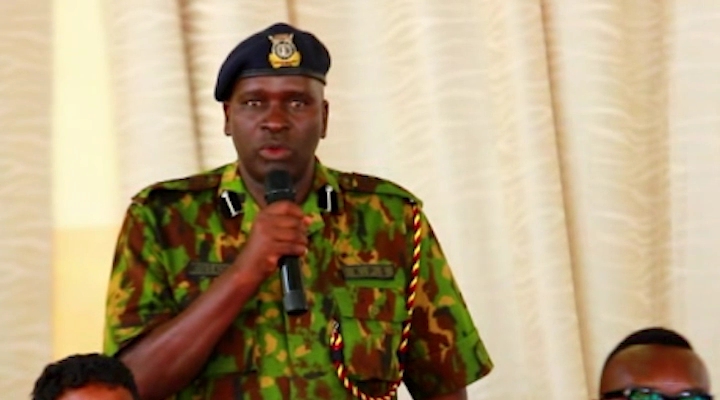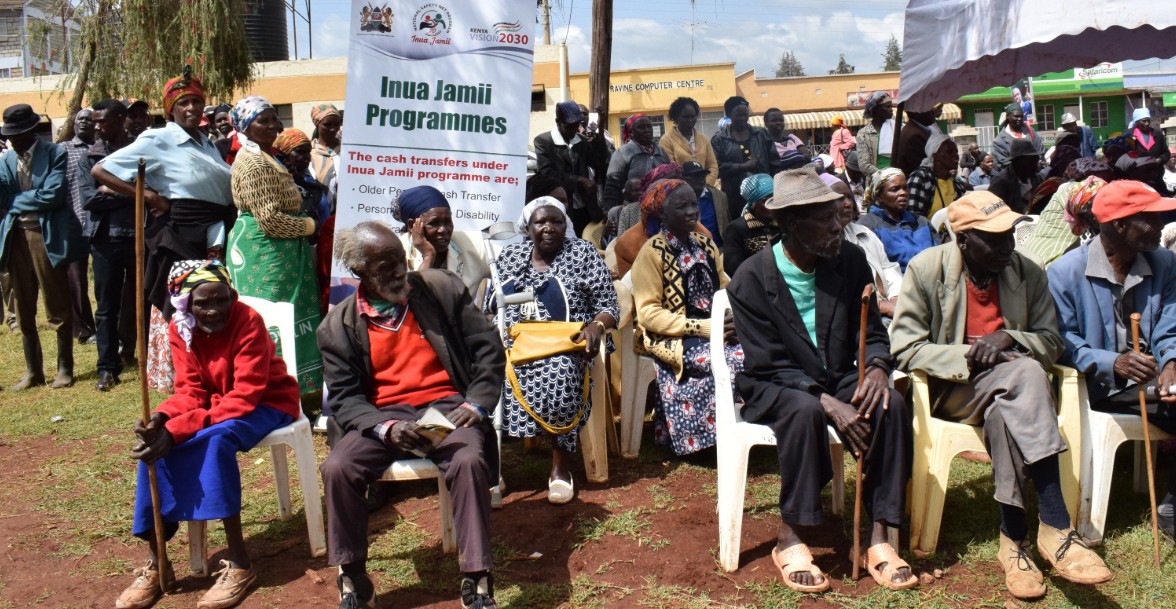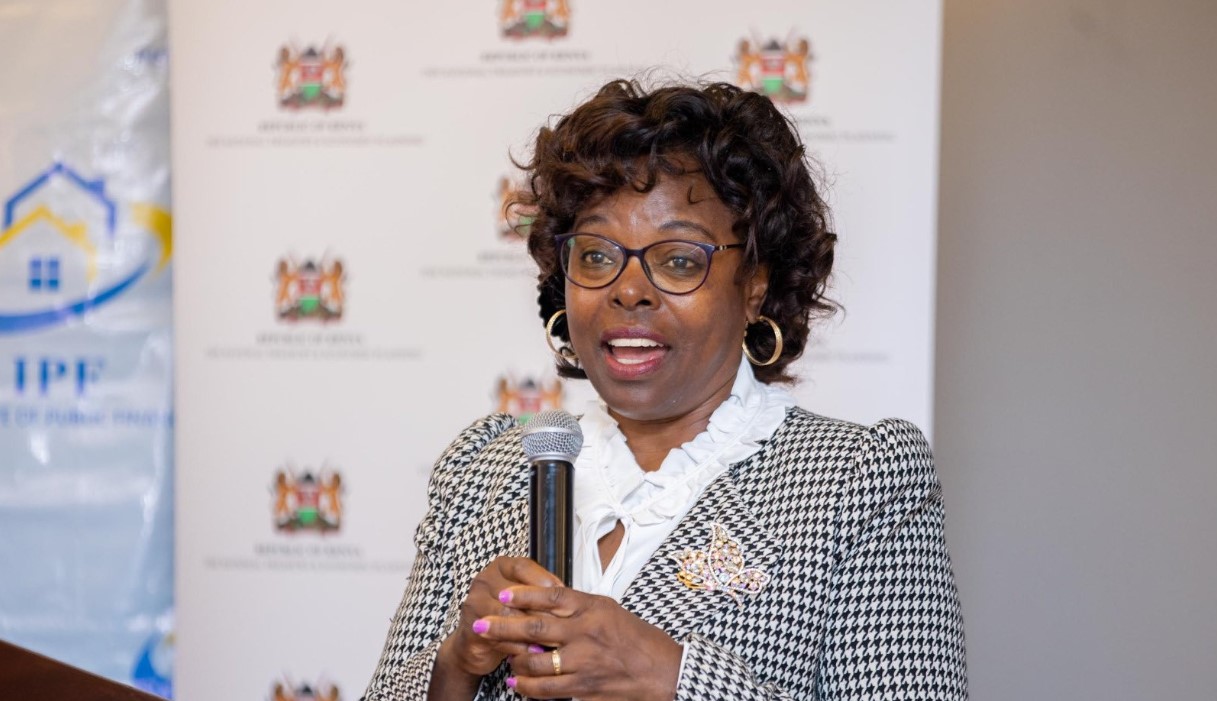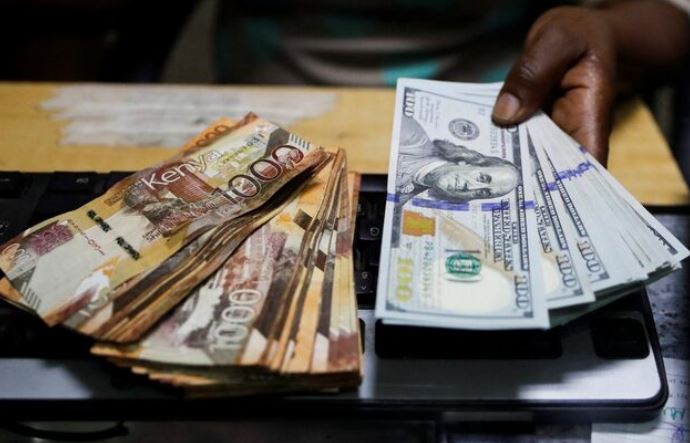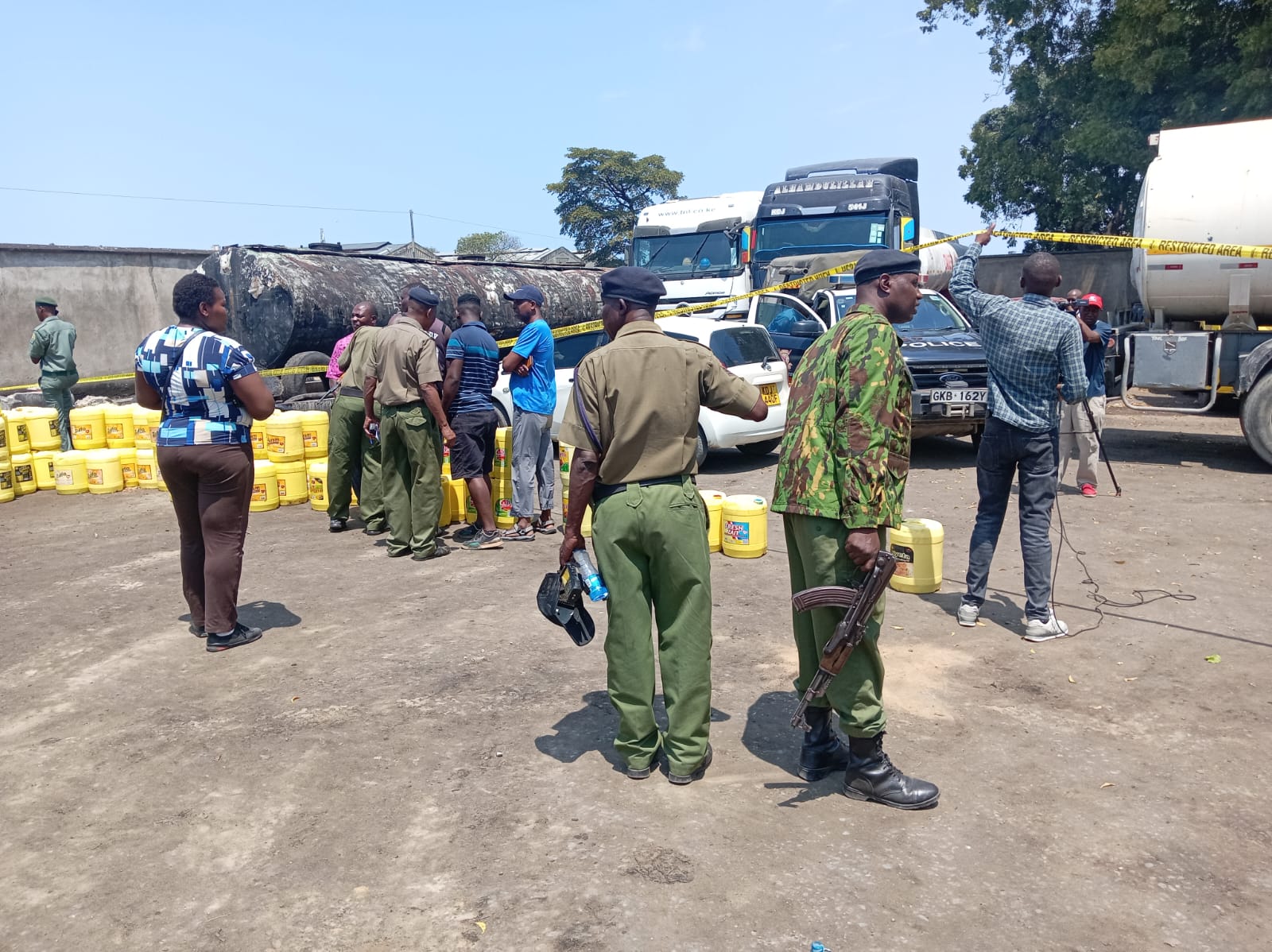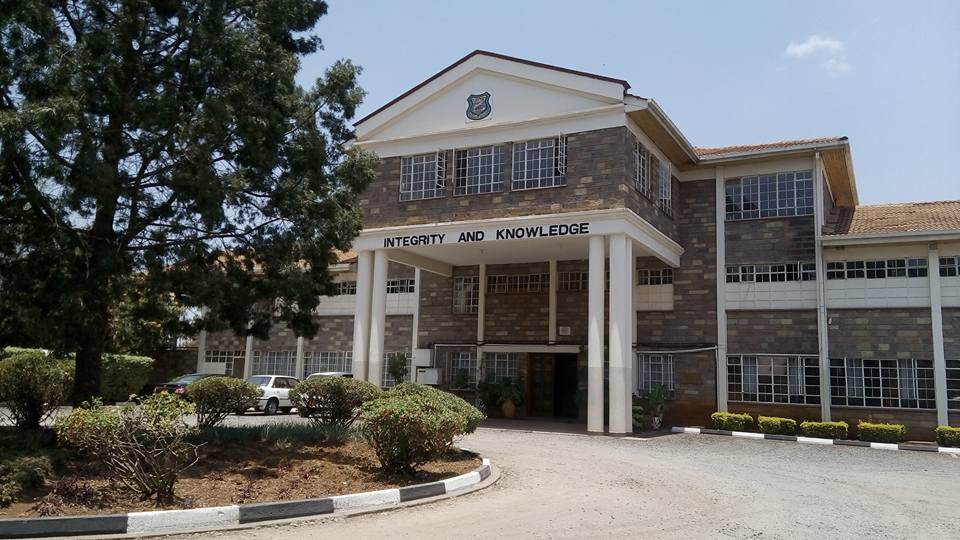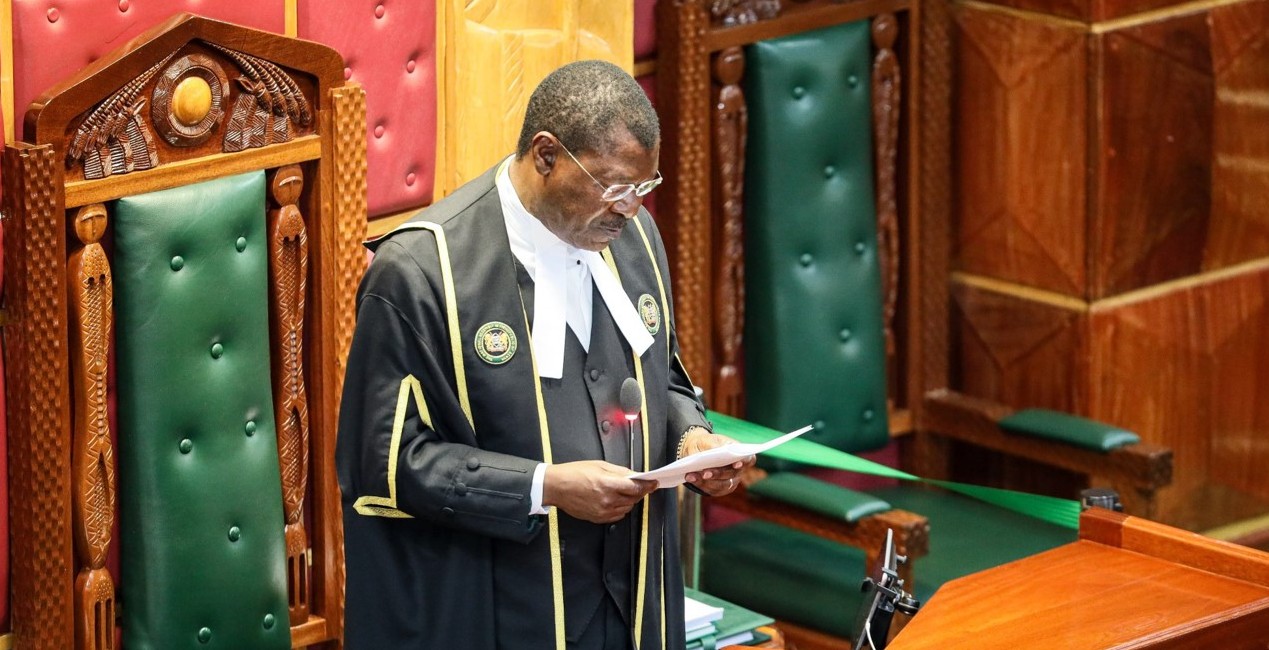Human Rights Watch report reveals extensive sexual violence in Sudan's capital
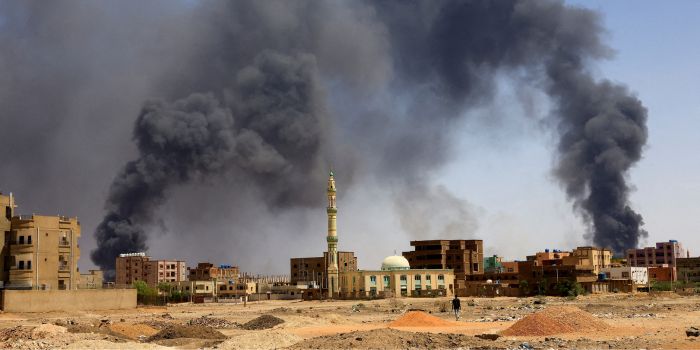
"I have slept with a knife under my pillow for months in fear of the raids that lead to rape by RSF," a 20-year-old woman living in an RSF-controlled area told Human Rights Watch.
Sudan's warring factions, particularly the Rapid Support Forces (RSF), have been accused of committing extensive acts of sexual violence, including gang rape, and forcing women and girls into marriages in Khartoum since the onset of the current conflict, Human Rights Watch revealed in a report released on Monday.
The accusations are detailed in an 89-page report titled "Khartoum is Not Safe for Women: Sexual Violence Against Women and Girls in Sudan's Capital".
More To Read
- UN calls for targeted sanctions amid Sudan’s devastating war
- Rwanda calls Human Rights Watch's count of new graves at military cemetery "disrespectful"
- Sudan accuses UAE of using Puntland as arms pipeline for RSF fighters
- Landslide kills around 1,000 in Sudan’s Darfur amid ongoing civil war
- Sudan halts oil operations in Heglig after RSF drone assaults kill workers
- Sudan’s cholera outbreak surpasses 100,000 cases amid war and famine
Service providers supporting victims have also received accounts from women and girls of being held by the RSF in conditions that could constitute sexual slavery.
The research underscores the severe health and psychological consequences for survivors and highlights the detrimental impact of the warring parties' attacks on healthcare services, alongside the Sudanese Armed Forces (SAF) deliberate obstruction of aid.
"The Rapid Support Forces have raped, gang-raped, and forced into marriage countless women and girls in residential areas in Sudan's capital," stated Laetitia Bader, deputy Africa director at Human Rights Watch.
"The armed group has terrorised women and girls, and both warring parties have prevented them from accessing aid and support services, exacerbating their suffering and making them feel that nowhere is safe."
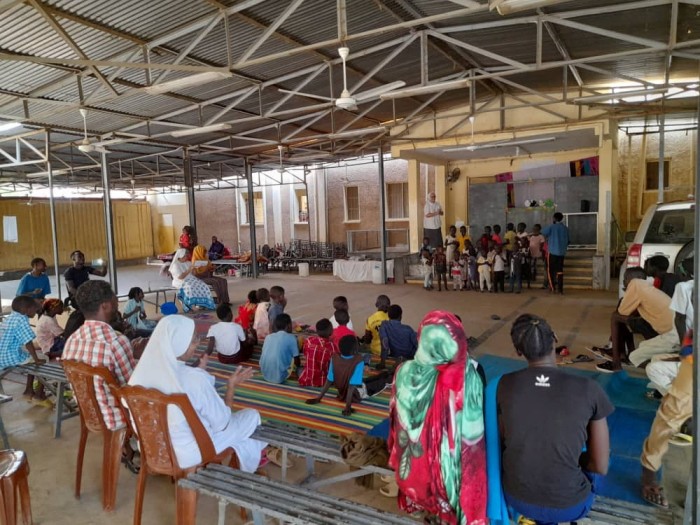 Refugees attend an event at "Dar Mariam" a Catholic church and school compound in al-Shajara district, where they took shelter, in Khartoum, Sudan, in this undated handout picture. (Photo: Father Jacob Thelekkadan/Handout via REUTERS)
Refugees attend an event at "Dar Mariam" a Catholic church and school compound in al-Shajara district, where they took shelter, in Khartoum, Sudan, in this undated handout picture. (Photo: Father Jacob Thelekkadan/Handout via REUTERS)Refugees attend an event at "Dar Mariam" a Catholic church and school compound in al-Shajara district, where they took shelter, in Khartoum, Sudan, in this undated handout picture. Father Jacob Thelekkadan/Handout via REUTERS.
It is crucial, HRW said, to listen directly to survivors of sexual violence, ensuring their experiences, views, and demands are heard safely and respectfully.
Due to restrictions on access to Khartoum, security challenges, a lack of services for survivors, and logistical barriers, Human Rights Watch, with a few exceptions, interviewed 42 healthcare providers, social workers, counsellors, lawyers, and local responders working in emergency response rooms in Khartoum between September 2023 and February 2024.
Eighteen of these healthcare providers had offered direct medical or psychosocial support to survivors of sexual violence or had managed individual cases.
They reported caring for a total of 262 survivors of sexual violence, ranging in age from 9 to 60, between the conflict's onset in April 2023 and February 2024.
"I have slept with a knife under my pillow for months in fear of the raids that lead to rape by RSF," a 20-year-old woman living in an RSF-controlled area told Human Rights Watch in early 2024. "Since this war started, it is not safe anymore to be a woman living in Khartoum under the RSF."
Weapons from the United Arab Emirates, Russia, Turkey, Serbia, Yemen, and China are also finding their way into the bitterly contested Sudan conflict, further devastating lives and livelihoods, Amnesty International said in a report released last Wednesday.
The report, titled "New Weapons Fueling Sudan Conflict," reveals how recently manufactured foreign weapons have been transferred into and around Sudan, breaching the arms embargo on Darfur.
"Nearly all neighbouring countries are used by various armed groups and states as supply lines to transfer weapons into and around Sudan," according to the report.
Both warring parties, led by Sudanese military leader Abdel Fattah al-Burhan and his military ally-turned-rival Mohamed Hamdan Dagalo (Hemedti), have been accused by researchers of using these weapons.
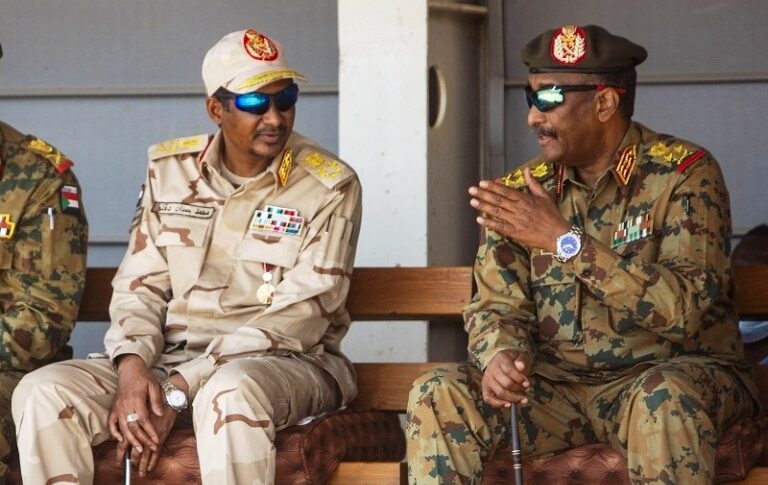 The chief of the Rapid Support Forces (RSF), Mohamed Hamdan Dagalo speaks to the Sudanese army commander, Abdel Fattah al-Burhan. (Photo: AFP)
The chief of the Rapid Support Forces (RSF), Mohamed Hamdan Dagalo speaks to the Sudanese army commander, Abdel Fattah al-Burhan. (Photo: AFP)The chief of the Rapid Support Forces (RSF), Mohamed Hamdan Dagalo speaks to the Sudanese army commander, Abdel Fattah al-Burhan in a past event. (Photo: AFP)
"All parties to the conflict are using a wide variety of arms to commit serious violations of international human rights and humanitarian law, in some instances amounting to war crimes and crimes against humanity," the report states, indicating that "all neighbouring countries are used by various armed groups and states as supply lines to transfer weapons into and around Sudan."
Amnesty researchers identified small arms and ammunition recently manufactured in countries such as Serbia, Yemen, and China being used on the battlefield by various parties.
The report criticises the international community's response, particularly that of the UN Security Council (UNSC), labelling it as "woefully inadequate."
It also argues that the current UN arms embargo is both too narrowly focused—covering only the Darfur region—and too poorly implemented to effectively curb the flow of weapons.
"It took almost a year for the UNSC to adopt a resolution calling for the immediate cessation of hostilities and unhindered humanitarian access."
It adds, "Despite this, fighting continues across the country with no effective measures to end violations or protect civilians."
Top Stories Today

